I am trying to find the exact matching word using Excel VBA, but failed to do so as either due to case sensitivity or partial match.
Experience Column contains certain keywords and I am extracting those keywords based on master list
The problems in Result are It is showing UI2 means, UI 2 times, but as we can see in experience it is only 1 time
Same with GO, it shows 2 : One from Go and other from Google
NoSQL has been extracted into NoSQL and SQL, however there were two different skill set: NoSQL and SQL and since the experience doesn't have SQL, it shouldn't be extracted
There is a skill set called "R" in master file, it was difficult to extract particular R as it accounts for every R
Here is my code snip
I have read so many articles, but didn't find appropriate solution. Kindly help.
Thanks

